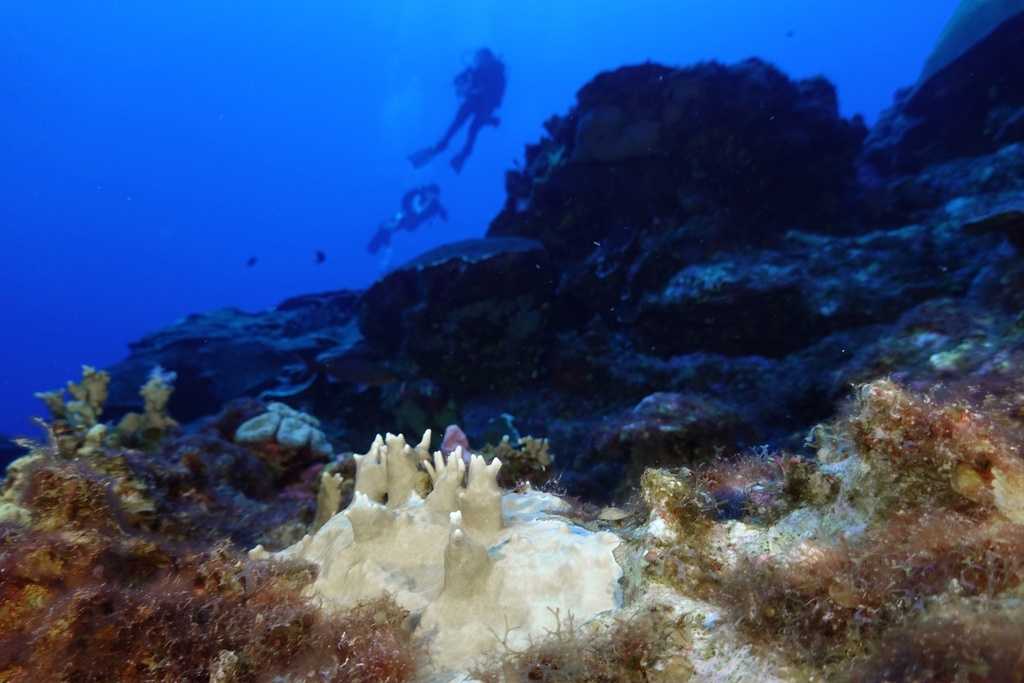In a historic environmental event, 84% of the world’s coral reefs have been struck by harmful bleaching, marking the most intense incident ever recorded. The International Coral Reef Initiative announced the alarming figures, signaling a dire warning for marine ecosystems globally.
84% of the world’s coral reefs hit by worst bleaching event on record

Key Takeaways:
- 84% of the world’s coral reefs are affected by harmful bleaching.
- This is the most intense coral bleaching event in recorded history.
- The International Coral Reef Initiative reported the unprecedented bleaching.
- The widespread bleaching poses a significant threat to marine ecosystems.
- Coral bleaching is an indicator of declining ocean health globally.
An Unprecedented Bleaching Event
Harmful bleaching has now affected an astounding 84% of the world’s coral reefs, according to a recent announcement by the International Coral Reef Initiative. This marks the most intense coral bleaching event ever documented, signaling an alarming escalation in the health crisis facing global marine ecosystems.
The Severity of the Crisis
The current bleaching event surpasses all previously recorded incidents in both scale and intensity. With over three-quarters of coral reefs impacted, the magnitude of this environmental disaster is unparalleled. “Harmful bleaching of the world’s coral has grown to include 84% of the ocean’s reefs,” the Initiative revealed, highlighting the extensive reach of this phenomenon.
Understanding Coral Bleaching
Coral bleaching occurs when corals, stressed by changes such as temperature spikes, expel the algae living in their tissues, causing them to turn completely white. This not only affects the aesthetic beauty of the reefs but also their survival, as the symbiotic relationship with algae is crucial for their nourishment.
Implications for Marine Ecosystems
The widespread bleaching has severe repercussions for oceanic life. Coral reefs serve as vital habitats for countless marine species. The degradation of these reefs threatens biodiversity and the overall health of the oceans. The most intense event of its kind in recorded history raises concerns about the accelerating impact of environmental stressors on marine life.
A Call to Global Attention
The International Coral Reef Initiative’s announcement acts as a stark warning about the state of our oceans. The unprecedented scale of coral bleaching is a visible indicator of the broader challenges facing marine environments, including climate change and pollution. Addressing these issues is critical to preserving the remaining healthy reefs and restoring affected areas.
Conclusion
The record-breaking coral bleaching event affecting 84% of the world’s reefs underscores an urgent need for global action. As the foundations of marine ecosystems are compromised, the potential ripple effects on biodiversity and human industries reliant on the ocean become increasingly concerning. The international community faces a pivotal moment in addressing the factors contributing to this crisis.











